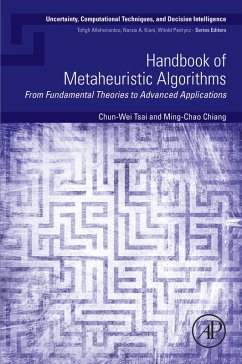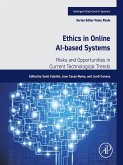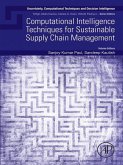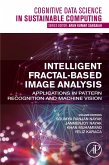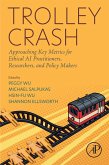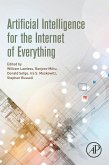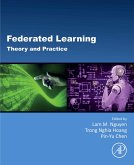Metaheuristic algorithms can be considered the epitome of unsupervised learning algorithms for the optimization of engineering and artificial intelligence problems, including simulated annealing (SA), tabu search (TS), genetic algorithm (GA), ant colony optimization (ACO), particle swarm optimization (PSO), differential evolution (DE), and others. Distinct from most supervised learning algorithms that need labeled data to learn and construct determination models, metaheuristic algorithms inherit characteristics of unsupervised learning algorithms used for solving complex engineering optimization problems without labeled data, just like self-learning, to find solutions to complex problems.
- Presents a unified framework for metaheuristics and describes well-known algorithms and their variants
- Introduces fundamentals and advanced topics for solving engineering optimization problems, e.g., scheduling problems, sensors deployment problems, and clustering problems
- Includes source code based on the unified framework for metaheuristics used as examples to show how TS, SA, GA, ACO, PSO, DE, parallel metaheuristic algorithm, hybrid metaheuristic, local search, and other advanced technologies are realized in programming languages such as C++ and Python
Dieser Download kann aus rechtlichen Gründen nur mit Rechnungsadresse in A, B, BG, CY, CZ, D, DK, EW, E, FIN, F, GR, HR, H, IRL, I, LT, L, LR, M, NL, PL, P, R, S, SLO, SK ausgeliefert werden.

